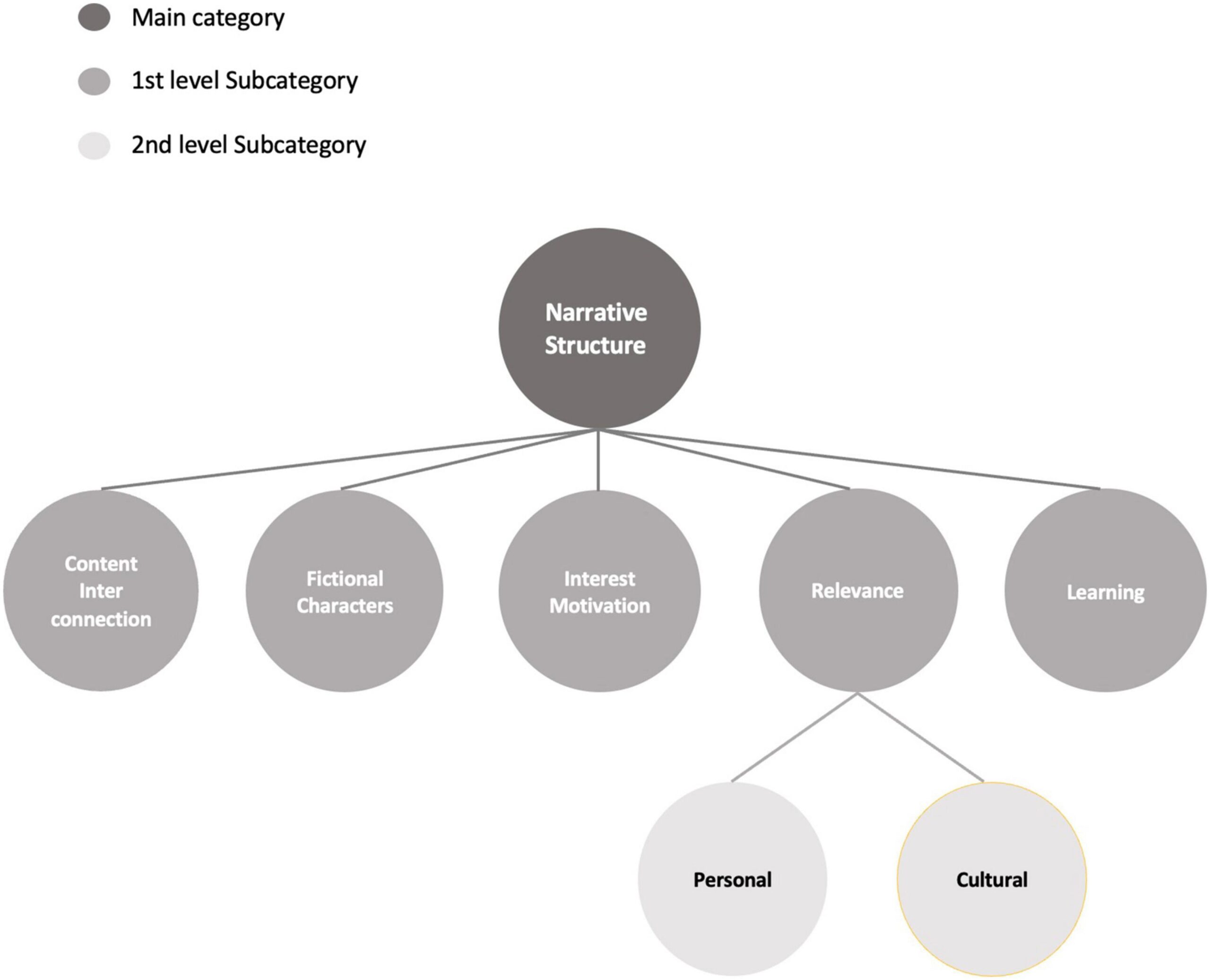Unlocking Lifelong Learning: The Role of MOOCs in Modern Education
In today’s rapidly evolving world, the pursuit of lifelong learning has never been more essential.With technology and the global workforce shifting at unprecedented rates, continuous education is the key to personal and professional growth.One of the moast powerful tools democratizing access to quality education is the rise of Massive Open Online Courses (MOOCs). This article explores the transformative role of MOOCs in modern education, their benefits, practical applications, and how you can leverage them for yoru lifelong learning journey.
What are MOOCs?
MOOCs are online courses offered by accredited universities,organizations,or independent educators that are accessible to anyone with an internet connection. Unlike traditional in-person or even standard online courses, MOOCs are designed for large-scale participation and open access, frequently enough removing geographic, financial, and temporal barriers to education.
- massive: Enrollments can range from a few hundred to hundreds of thousands.
- Open: Free or affordable, welcoming learners of all backgrounds.
- Online: Flexible, self-paced learning from anywhere in the world.
- Courses: Wide array of topics, from computer science and business to art and social sciences.
The Evolution of MOOCs in Modern Education
Since their inception in the early 2010s, MOOCs have changed the landscape of modern education. Platforms like Coursera, edX, Udacity, and FutureLearn partner with top universities such as Harvard, MIT, and Stanford to deliver high-quality, up-to-date content to millions of learners. The COVID-19 pandemic further accelerated the global adoption of MOOCs as schools and workplaces turned to remote solutions.
Modern MOOCs often include video lectures, automated quizzes, peer forums, assignments, and sometimes even live sessions or mentorship, narrowing the gap between traditional and online learning experiences.
Key Benefits of MOOCs for Lifelong Learners
moocs empower individuals to take ownership of their education and skills progress. Here are the main benefits:
- Accessibility: Study at your own pace, on your own schedule, from anywhere in the world.
- Affordability: Many courses are free or substantially less expensive than traditional education.
- Personalization: Choose from a vast range of subjects tailored to your interests or career goals.
- Up-to-date Content: Courses are often updated quickly, reflecting the latest industry trends and research.
- Recognized Credentials: Many MOOCs offer certificates and micro-credentials, which are increasingly recognized by employers.
- Networking opportunities: Forums and group projects encourage global interaction with peers and experts.
How moocs Support Professional Growth
in the competitive job market, upskilling and reskilling are crucial. MOOCs offer practical pathways for professional development by providing:
- Specializations and Professional Certificates: Sequentially structured courses that deepen expertise in key areas like data science, project management, or digital marketing.
- Corporate Partnerships: Some employers sponsor MOOC courses for employee development.
- Direct Skill Submission: Immediate, hands-on knowledge transfer thru project-based assignments.
Practical Tips to Maximize Your MOOC Experience
- Set Clear objectives: Define what you aim to achieve from each course before enrolling.
- Time Management: create a dedicated study schedule and stick to it.
- Engage Actively: Participate in discussion forums, peer reviews, and group assignments.
- Apply Learning: Work on real-life projects or case studies to reinforce knowledge.
- Earn and Showcase Certificates: Add MOOC credentials to your CV or LinkedIn profile to enhance employability.
Case Studies: MOOCs in Action
MOOCs have already transformed countless lives. Here are two inspiring examples:
1. Career Switch Into Tech
2. Upskilling During the Pandemic
MOOCs and the Future of Modern Education
As workplaces embrace digital transformation and non-linear career paths, the demand for accessible, flexible learning options will only continue to grow. MOOCs are evolving to offer micro-degrees, nanodegrees, and stackable credentials that are reshaping what advanced education looks like. Partnerships between universities and industry are providing learners with even more relevant, job-ready skills.
Furthermore, the integration of artificial intelligence, adaptive learning technologies, and social learning features is making MOOCs more interactive and effective than ever before.
Potential Challenges of MOOCs
While MOOCs have opened up exceptional opportunities for lifelong learning, they also present some unique challenges:
- Completion Rates: many learners start but don’t finish—motivation and self-discipline are key.
- Lack of Personalization: Some courses may not cater to individual learning styles, though this is improving with technology.
- Recognition: Not all employers or academic institutions accept MOOCs for credit, though this is changing.
- Access Inequality: Reliable internet and language barriers can still prevent some from participating.
Conclusion: Embrace the Power of MOOCs for Lifelong Learning
MOOCs have democratized modern education, making lifelong learning a reality for anyone, anywhere. Whether you aim to switch careers, advance your skills, or simply indulge your curiosity, the world of MOOCs is at your fingertips. By choosing the right courses, actively engaging, and applying your knowledge, you can unlock new opportunities and stay relevant in a fast-moving digital world.
Ready to begin your lifelong learning journey? explore the latest MOOCs today, and take charge of your education and future!

